Dave Filoni Talks More Details On Star Wars: Rebels Season 2
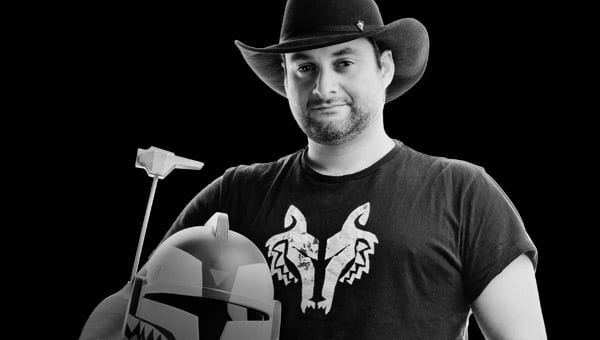 The second season of Star Wars: Rebels, was so amazing that fans across the globe couldn’t wait to find out what was going to happen with each new episode. The two-part season finale titled, Twilight Of The Apprentice featured the return of Darth Maul (voiced by The Clone Wars’ Sam Witwer) and ended with a spectacular epic battle with Ahsoka coming face-to-face with her former master turned evil, Darth Vader. While we wait patiently for season 3 to air, most of us wouldn’t mind knowing more details about this epic season 2. Thankfully for all of us fans, StarWars.com has ran an exclusive two part interview with showrunner Dave Filoni and we got some of the answers we were looking for.
The second season of Star Wars: Rebels, was so amazing that fans across the globe couldn’t wait to find out what was going to happen with each new episode. The two-part season finale titled, Twilight Of The Apprentice featured the return of Darth Maul (voiced by The Clone Wars’ Sam Witwer) and ended with a spectacular epic battle with Ahsoka coming face-to-face with her former master turned evil, Darth Vader. While we wait patiently for season 3 to air, most of us wouldn’t mind knowing more details about this epic season 2. Thankfully for all of us fans, StarWars.com has ran an exclusive two part interview with showrunner Dave Filoni and we got some of the answers we were looking for.
In the first part of the StarWars.com interview (you can view here), Filoni talked about what it was like bringing back Vader from the dead, went in depth about Ahsoka’s discovery that Vader was once Anakin Skywalker, spoke about how the Rebels production team used existing concept art on the show, and how important it was to give depth, history, and a background to each of the main characters.
Now, in the second part, the producer reflects on the season two finale, the design of the Sith Temple, the return of the character named Zabrak, spoke more about the freedom fighter Saw Gerrera and shared thoughts on the duel that sent shock waves through the Star Wars fan universe.
Trust us! This is the information you are looking for…
Here are some excerpts from part 2 of the exclusive Starwars.com interview with Dave Filoni.
StarWars.com: I want to start off with Malachor itself and how you came to develop the look of it, from the bodies on the ground to the look of the Temple.
Dave Filoni: I liked the idea of the episode occurring on a graveyard planet. As Simon Kinberg and I developed the story, I started thinking about Sith Temples and how this one might be underground in a massive cavern. That would allow us to poke holes in the ceiling so beams of light could stream down into the Temple. When the characters are above ground, it’s daylight and they’re looking down at a black surface. When they are below, it’s nighttime and they’re looking up at what seem to be stars. The design elements were important to reinforce the concepts of night and day, light and dark, life and death. Those things are part of Malachor’s DNA and its architecture.
StarWars.com: The other thing I noticed about the Temple itself is, much like the [architecture of the] Empire versus the Rebels, the Sith Temple is much more clean than the Jedi Temples we’ve seen.
Filoni: That comes from what Star Wars history tells us about Sith Temples. If you look at the Malachor Temple geometry, it’s actually identical to Moraband in Clone Wars. In this instance, the rock was lined in black and red. It was important for the red lines to be like veins. When power came into the Temple, the entire structure seemed to come to life.
Visually, the Temple is a series of plateaus. On each level, we staged critical scenes allowing the characters to make decisions about their destiny. They discuss their fate on the way up, and then make a decision on the plateau. That staging of the action was very intentional. As they get closer to the top and their ultimate goal, everything comes to a point. I like the tension in that.
StarWars.com: So when Ezra first meets Maul, I kind of saw it as this dark side version of when Luke meets Yoda. Is that what you were going for?
Filoni: There is a bit of that. I intentionally wrote some of his dialogue to reflect Yoda. Ezra is faced with many challenges and he thinks power will solve everything. In that way, he almost draws Maul to him. Of course, Maul has a purpose for Ezra, too. The idea that he would want to possess Ezra, to me, was very easy to understand and more sinister than just, “I want power.” When the Emperor [said], “You, like your father, are now mine,” in Return of the Jedi, that terrified me as a kid. The idea of the possession of a father and a son was really scary to me. I wanted to capitalize on that idea — that Ezra, in his quest for power, would succumb to the allure of this more powerful figure and the promise of power.
StarWars.com: Let me ask you about Maul. Because watching him in this episode, he seemed so much like Palpatine to me, the way that a son might pick up the characteristics of his father. I’m wondering — if Maul was given the chance, even at this later stage in his life, to reclaim the mantle of Palpatine’s apprentice, do you think that he would?
Filoni: I think Maul understands how unimportant he was to Palpatine, so he would seek revenge and try to usurp that power if he could, but he would never fall back in line with it.
At this point Maul’s been broken back down to his basics. He’s not a deranged nightmare like we found him in Clone Wars. It’s exactly as he says: “Formerly Darth, now just Maul.”
StarWars.com: When they get to the top of the Temple and it’s time to make the leap, it calls back to Kanan and Ezra Force-throwing each other, which was introduced earlier in the season. Which came first: the idea of using the Force in that way, or this test?
Filoni: It was more the fact that we had already done it and it was an ability we knew the characters had.
StarWars.com: It kind of worked perfectly [in the finale].
Filoni: It works here because it was something that Ezra had always done with Kanan, his father figure. When he does the same thing with this kind of surrogate father-mentor, Maul, it’s relatable. That happens in our own lives. You grow up playing a sport, you get a coach, and suddenly you’re playing ball with your coach all the time, and the person who taught you how to play in the first place is jealous.
Sam Witwer deserves tremendous credit for his performance as Maul, especially in the finale. He really makes you open to the idea that Maul might be on their side. You don’t have to believe that Maul is good, you just have to believe that his willingness to destroy the bad guys is outweighing his willingness to destroy the good guys.
The moment where Maul grabs the holocron and is holding Ezra off the cliff is key. He could kill Ezra right there, but he doesn’t. So many people have told me, “I hate myself for saying this, but I believed him in that scene.” I always say, “Well, then, you’re just like Ezra.” Why wouldn’t you believe him, considering everything Ezra has been taught up to that point by Kanan about believing in people, trusting his instincts, and trusting in the Force? Ezra trusted Rex and he was right about Rex. They trusted Ahsoka and they were right about her. He doesn’t know Maul’s history or what he’s done. Sure, he might look scary, but he shouldn’t judge people based on the way they look. Ezra was a street rat once, too, lost in his own way.
StarWars.com: The blinding of Kanan is really a shocking moment in an episode full of shocking moments. When did you decide you wanted to do that? And I’m wondering if it was debated, because a character change like that is going to impact a lot of things. I think it’s going to impact how you tell stories in the future and how you approach the character, because, in theory, he’s not going to be able to do things like he used to be able to do them.
Filoni: It’s interesting. We had decided that we were going to do something dramatic with Kanan very early on in the season.
Kanan’s an incomplete Jedi. As much as we have to track Ezra’s ascension, we have to parallel Kanan’s own wisdom and what he’s learning. Kanan’s hesitations this year, his reluctance to embrace the rebellion, and his unwillingness to commit to what they could gain out of the Temple all point to him not embracing leadership like he should. He doesn’t trust himself enough yet. So, the blinding of Kanan really is symbolic in that he can’t see what the right thing to do is. He can’t see what he has to offer Ezra. It’s a constant problem for Kanan, so we take that one ability away.
It has affected our storytelling, but not in the ways that people would think. There’s a lot of thought that’s gone into what does it mean for him to be blind and how he would react to that. People think, “Oh, but the Force will allow him to do things.” The Force is not a super power. It doesn’t work that way. It’s a matter of what you’re willing to believe. I think the story that we tell with Kanan and his blindness is simple — you are as limited as you allow yourself to be. You’re going to be able to see if you believe you can see and this can open up new things you couldn’t see before. There’s an important character that Kanan will meet in Season Three that is going to help change his perception.
StarWars.com: So, Ahsoka versus Vader. This was something that was anticipated for a long time. How did it feel for you when it was actually a reality? “I have to sit down and write it and we’re going to make it real.” I mean, was that surreal for you?
Filoni: It was very surreal. I’ve been thinking about it for years, but actually doing it is very different. I felt a tremendous responsibility to do this the right way.
Writing the dialogue between Vader and Ahsoka was a lengthy process. I’ve always felt strongly that Ahsoka maintains a certain amount of the young person she was. Her dialogue is a little bit more modern than Vader’s is. There were points over the years where I’d joke with [co-executive producer and writer] Henry Gilroy, “If Ahsoka ever met Vader, would she call him ‘Sky Guy’?” I mean, he certainly wouldn’t call her “Snips.”
I decided she should introduce herself with a playful barb that reflected their relationship as Master and apprentice. When she says, “It wouldn’t be the first time,” it’s an admission. She’s saying, “I know who you are. I know you’re Anakin Skywalker. I know you used to screw up all the time.” When he turns to her, he says, “It was foretold that you would be here,” because the Emperor told him that this was going to happen. That he would face his former apprentice. When I wrote the line, “Our long-awaited meeting has come at last,” I thought it might be too on the nose, but when James [Earl Jones] said it, I can’t imagine Vader not saying that now. It really connects to the ideas of the same things he says to Kenobi. “I’ve been waiting for you, Obi-Wan,” and so it’s right in that realm and it just feels right.
In the last few moments of the finale, I wanted to show that while Ahsoka mostly believes it’s Anakin by that point, she’s not completely sure and she’s looking for a way to deny it. When Vader threatens Ezra with torture, she’s confused. Anakin would never torture children — not the Anakin she knew, at least. She’s looking for anything that she can grab onto that would prove that he isn’t Anakin. She doesn’t want to have to destroy this evil person, because if it’s Anakin, she can’t do it. She has the same problem Luke had. He couldn’t kill his own father. Not even Obi-Wan could kill his own student. That denial that Anakin is Vader in that moment allows her to draw her weapon and say, “I am no Jedi.” She is declaring her independence and striking at him to kill him in that instant.
StarWars.com: When you hear Vader speak, you actually hear James Earl Jones and Matt [Lanter] at the same time. Was that something you always planned?
Filoni: Yeah, I’ve been after that for years. I’ve had this fascination for a long time that Anakin’s voice is augmented as Vader. The Emperor knew that modifying his voice was another way to disguise his identity. That’s why he doesn’t sound like Anakin. So, when the mask is broken and severed, his true voice comes out. The first time you hear it, it’s James Earl Jones’ voice over Matt Lanter’s voice. The second time he says Ahsoka’s name, it’s Matt’s voice over James’ voice. The third time Vader speaks and says, “Then you will die,” it’s actually only Matt Lanter with his voice modulated deeper. Dubbing the voices together felt like a great way to fuse the idea of Anakin and Vader as one.
StarWars.com: Can you just talk about what you feel about this character — Ahsoka, that you created and have shown us her life — leading to this point where she’s battled Darth Vader?
Filoni: We knew from the beginning, in talks with George, that she was a character that could be pretty polarizing because she was young and brash. We were aware of that, but still we wanted to attempt it. I remember warning Ashley, saying, “You know, this is a character that isn’t necessarily going to be universally liked in the beginning, so you’re going to have to prepare yourself.” What I like the most about Ahsoka is that any respect that she’s gained, the character, and the crew who had to work on her in the various shows, had to earn. Nothing came easily. Nothing came for free and I think that makes us all like her even more.
I don’t know that we could have guessed the outcome all these years later. You can only hope that a character you create might mean that much to fans. In the lead up to the Season Two finale, people were literally pleading for her life on my Facebook and Twitter pages. I certainly value that and I know my whole crew did. We are really, really grateful for the fan support from around the world.
I hope through Ahsoka we showed fans that the universe has many possibilities. We had her wielding a lightsaber and going toe-to-toe with the big baddies of the galaxy years ago. I like to think that Ahsoka paved the way for a character like Rey [in The Force Awakens].
It’s great that kids have so many options and strong characters to emulate. They’re interesting, diverse personalities that have opinions, strengths, and weaknesses. They are a reflection of our real world, which is how it should be.
For the full interview make sure to go to Starwars.com.
Stay tuned for more Star Wars news everyday here at SWNN.

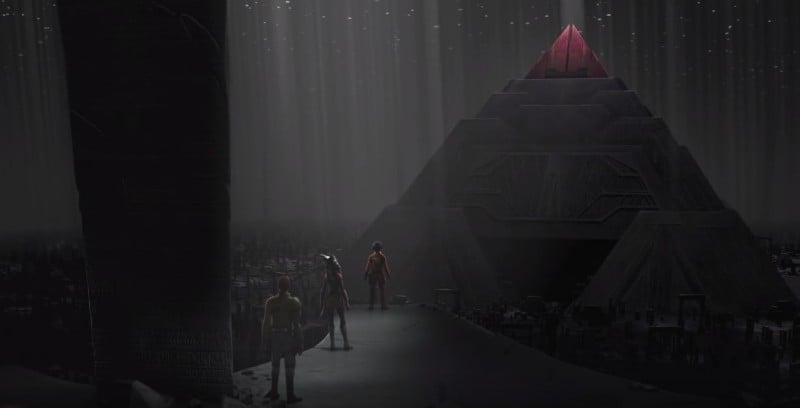
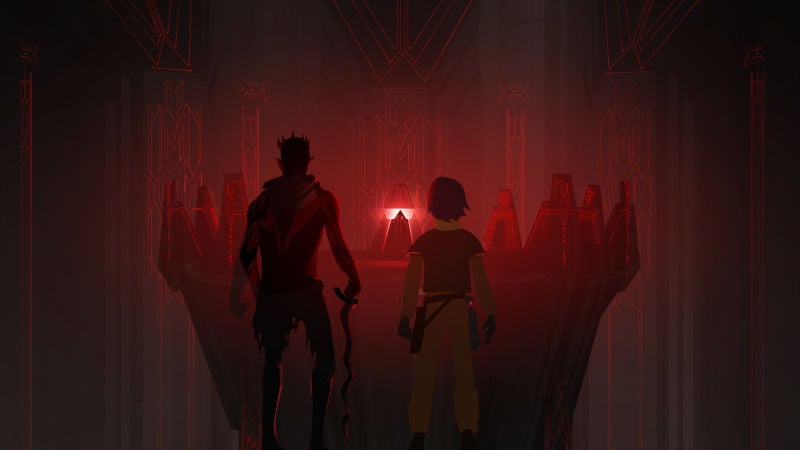
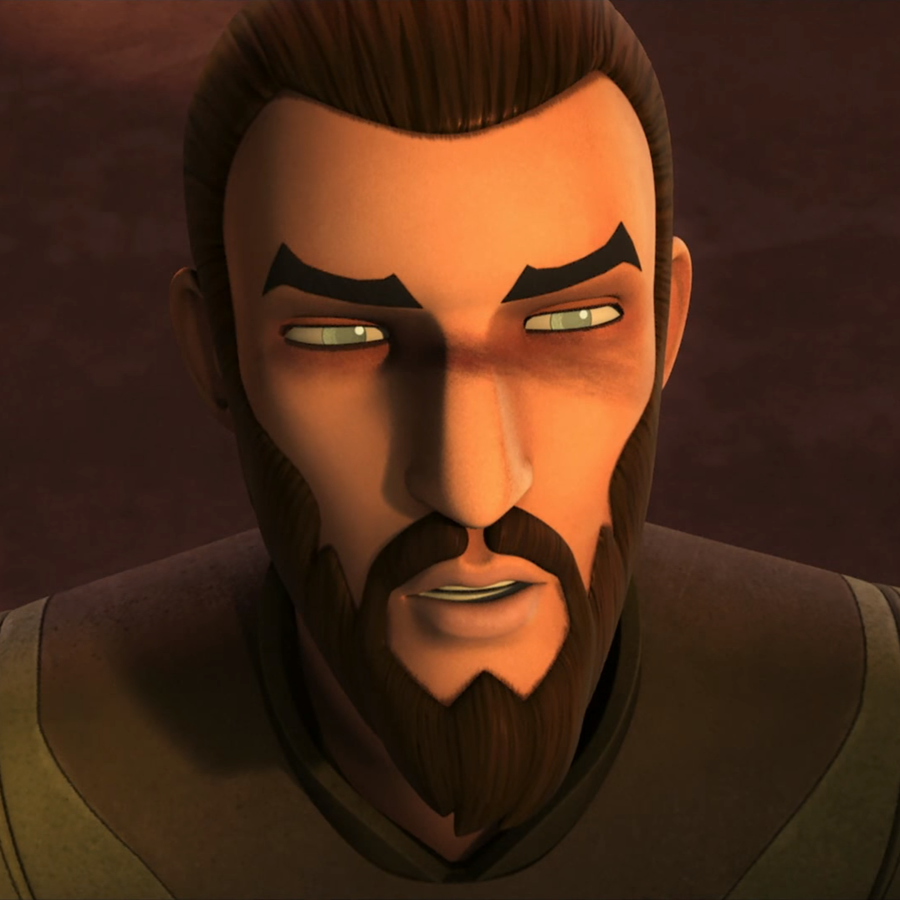
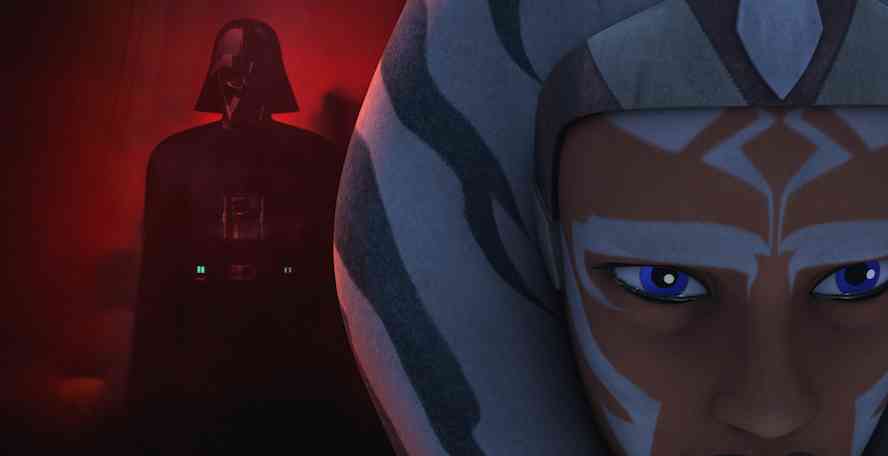
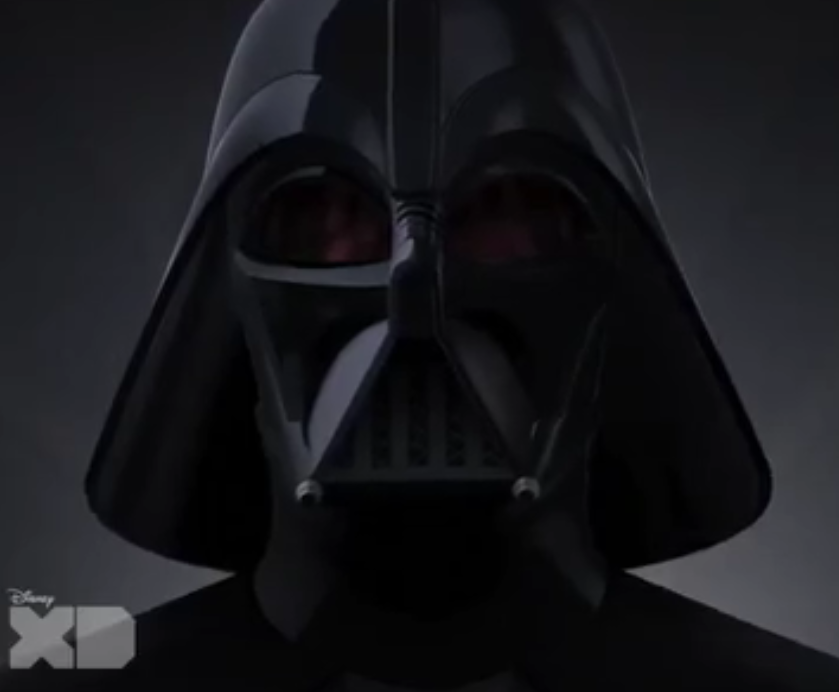
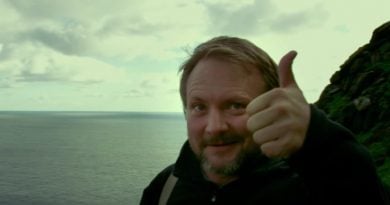
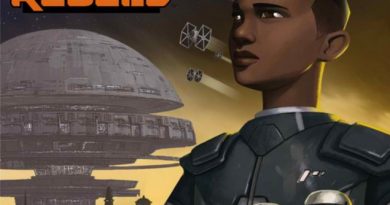
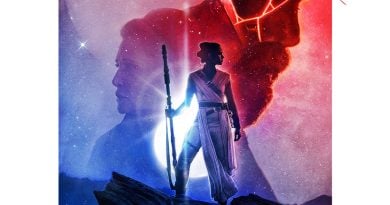
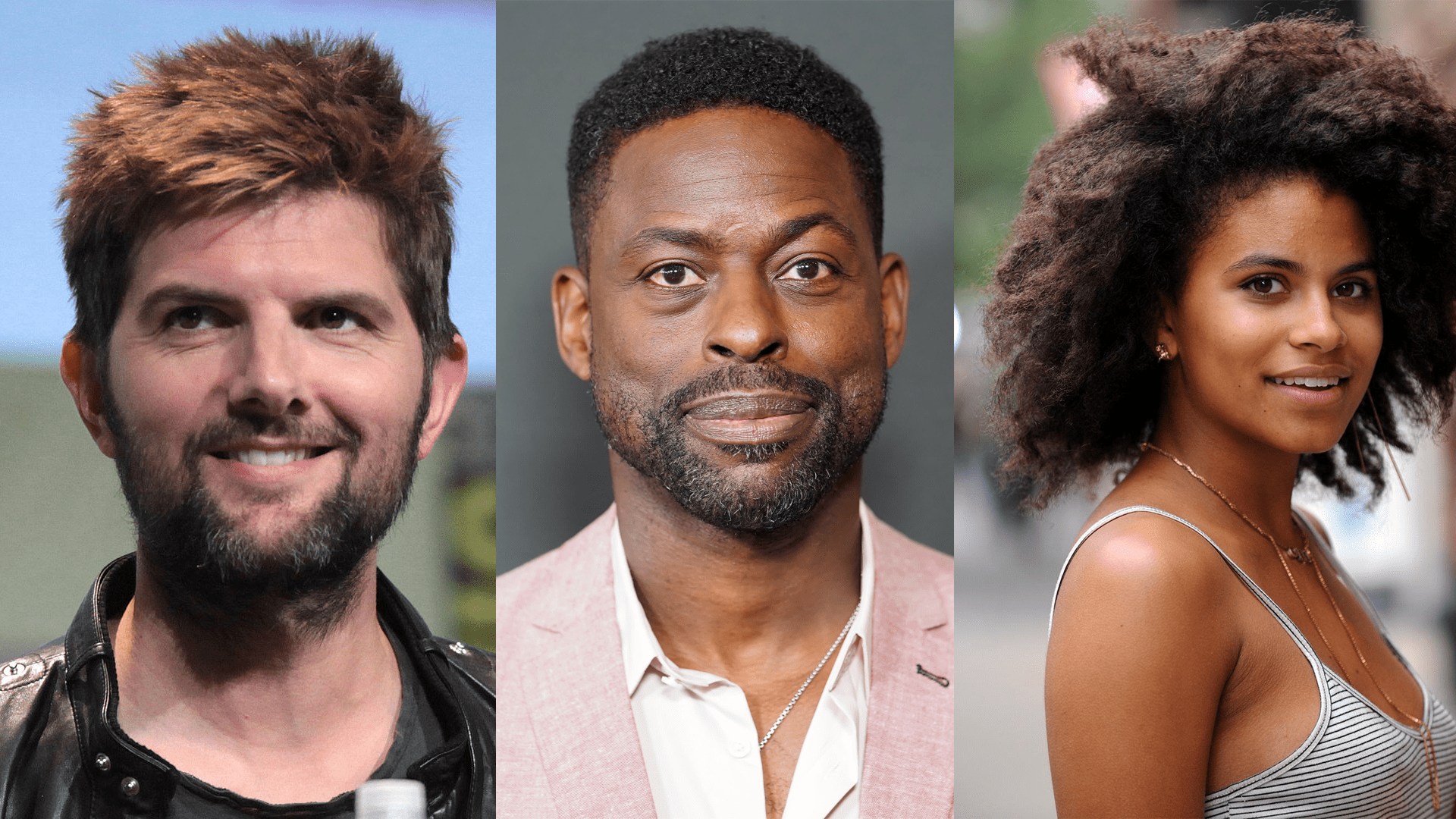
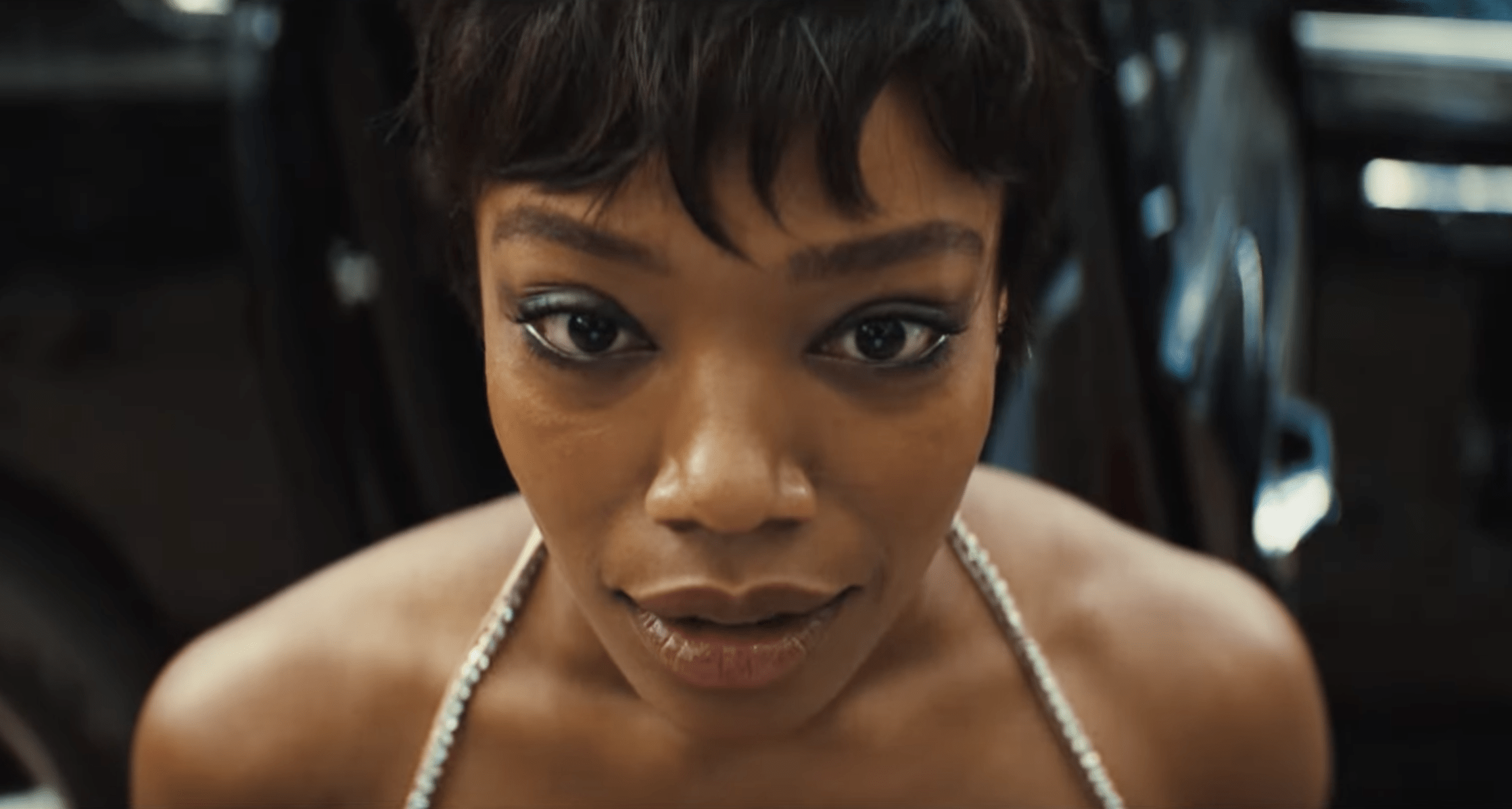
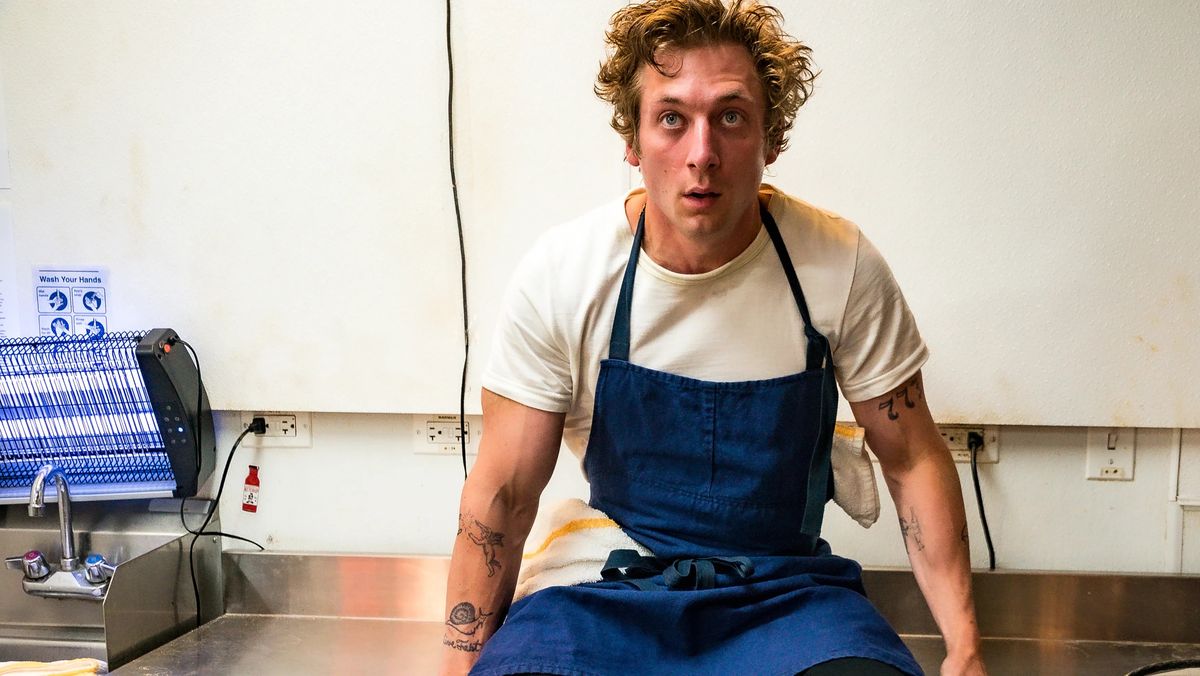
That Lanter/Jones voice fusion in the finale is chilling and brilliant. For the first time ever, I finally believed that PT Anakin and OT Darth Vader are the same person.
Is this show worth watching? I saw about 5 or 6 episodes when the first season came out but I found it insultingly dull, unoriginal and ugly…
Stick with it. By the end of Season 1, you’ll be hooked. The finale of Season 2 is right up there with the original trilogy for favorite Star Wars moments for me.
If you watched the Luminara prison break episode and didn’t like it I don’t think rebels is for you. The rest of season 1 after that episode is also good. Season 2 has it’s ups and downs but the two-part finale blew my mind. Season 3 is looking good. The show has good character development and voice acting. The dialogue is pretty bad for the most part but the visuals do improve in season 2 and season 3 is redesigned.
Yes. Yes it is.
It is worthwhile for sure… especially when they bring in Vader starting with the Siege of Lothal episode. But like most TV shows, there is a plenty of filler material that wanes the interest. As others have said, you just have to stick with it to get to the payoffs, which are typically found at the beginning, middle, and end of the seasons. But if you don’t watch it all then you won’t have context for what you are seeing.
There’s a couple of decent episodes, but season two in particular has a truly ungodly number of meaningless filler episodes. Almost everything between the season opener two-parter and the season ending two parter felt completely disposable. If you can roll with just being told “oh, and they found a new base”, you’re not really missing much if you skip the middle. The new inquisitors are undeveloped and not compelling, and the whole thing feels like a waiting game to just get on with Vader and Ashoka confronting each other.
I wish he would talk more about Season 3.
I’m not sure about the Palpatine wanted to disguise Vaders true identity bit. When anakin first became Darth Vader he didn’t have a suit or mask or voice modulator. There didn’t seem to be any attempt to hide who he was. The suit was purely to keep him alive. The only reason nobody knew him as the ‘in the flesh’ Darth Vader is that he pretty much killed everyone he met. If he’d stood on the bridge of the Star Destroyer at the end of ROTS, any clones would have recognised him, so would people like Yularen.
I love how many layers they put into these things. Like what they said about the Sith temple having different moments as they climbed higher on it or how the light is above and darkness below. I didn’t pick it up when watching it, but that just goes to show what good storytellers they are.